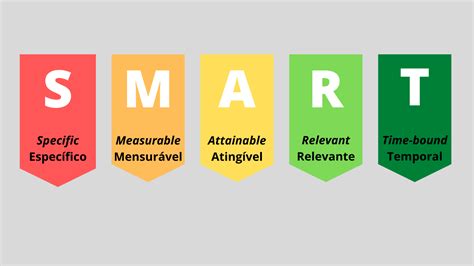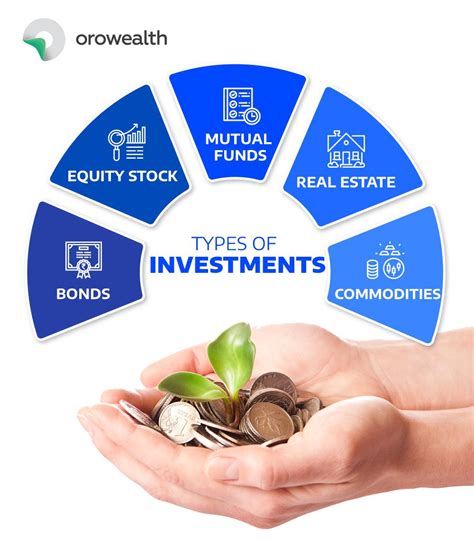Building a Solid Financial Future: Where to Begin?
For many men, the journey to financial independence and long-term wealth can seem daunting, filled with jargon and countless options. The key is not to find a magic bullet, but to identify a smart, foundational first investment that sets a strong precedent for future growth. This isn’t about getting rich quick; it’s about making strategic choices that leverage time and consistency.

Step 1: The Essential Pre-Investment Checklist
Before even thinking about investment vehicles, a robust financial foundation is critical. Neglecting these steps can undermine any investment strategy.
- Build an Emergency Fund: Aim for 3-6 months of living expenses in an easily accessible savings account. This protects you from unforeseen expenses, preventing the need to liquidate investments prematurely.
- Eliminate High-Interest Debt: Credit card debt and personal loans carry exorbitant interest rates that often outpace investment returns. Paying these off is essentially a guaranteed “return” on your money.
The Cornerstone Investment: Tax-Advantaged Retirement Accounts
Once your financial foundation is secure, the absolute smartest first investment for long-term wealth building is almost universally a tax-advantaged retirement account. These accounts offer incredible benefits that compound over decades.

Employer-Sponsored Plans (401(k), 403(b), etc.)
If your employer offers a 401(k) or similar plan with a company match, contributing enough to get the full match is non-negotiable. This is essentially free money – an immediate, guaranteed return on your investment that you won’t find anywhere else. These contributions are often pre-tax, reducing your current taxable income.
Individual Retirement Accounts (IRAs)
Whether you have an employer plan or not, an IRA is another powerful tool. You generally have two main choices:
- Roth IRA: Contributions are made with after-tax money, but qualified withdrawals in retirement are completely tax-free. This is ideal if you expect to be in a higher tax bracket in retirement.
- Traditional IRA: Contributions may be tax-deductible, lowering your current tax bill, but withdrawals in retirement are taxed.
The power of these accounts lies in compounding interest, where your earnings also earn returns, accelerating your wealth growth significantly over time.

Beyond the Basics: Broad Market Index Funds and ETFs
Within these tax-advantaged accounts, what should you invest in? For beginners, broad market index funds or Exchange Traded Funds (ETFs) are often the best choice. These funds:
- Offer Diversification: They hold a basket of hundreds or thousands of stocks, spreading your risk across the entire market or a significant sector.
- Are Low-Cost: They have minimal management fees compared to actively managed funds.
- Require Little Active Management: You don’t need to pick individual stocks, which can be time-consuming and risky for new investors.
Investing in a total stock market index fund (like one tracking the S&P 500) allows you to participate in the overall growth of the economy with minimal effort.

Investing in Yourself and Future Opportunities
While financial assets are crucial, don’t overlook the power of investing in yourself. Continuous learning, skill development, and career advancement can significantly increase your earning potential – the primary fuel for your investments.
Additionally, once you’ve maximized your tax-advantaged accounts, consider diversifying further into other asset classes like real estate (either directly or through Real Estate Investment Trusts – REITs) or taxable brokerage accounts. However, these generally come after you’ve established the foundational investments.

The Bottom Line: Start Early, Be Consistent, Stay Patient
The smartest first investment isn’t a secret stock tip; it’s a disciplined approach centered on securing your financial base, leveraging tax advantages, and investing broadly in the market. The real magic happens over time, as compound interest works its wonders. Start today, contribute regularly, and resist the urge to chase quick returns. Your future self will thank you for laying a solid, intelligent financial groundwork.




